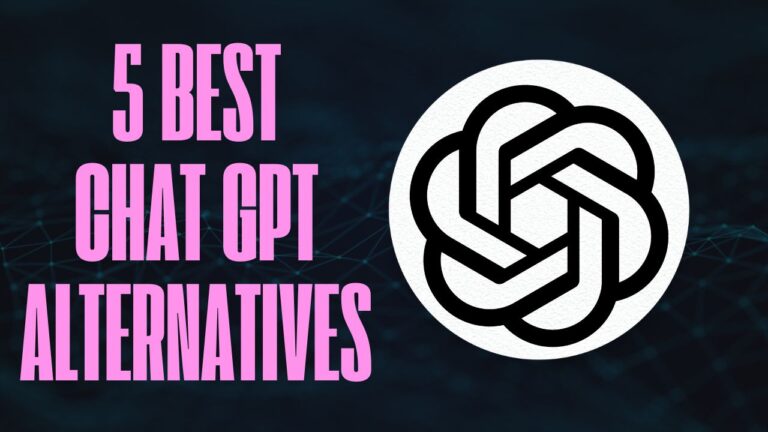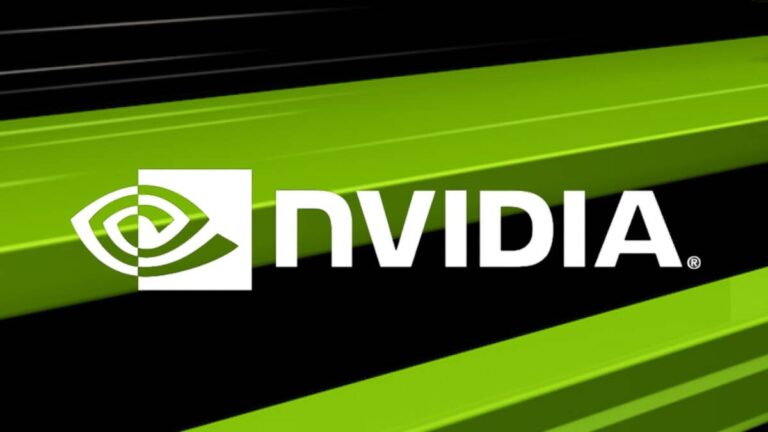Ph.D.-Level Super-Agents: OpenAI’s Next Big Leap in Artificial Intelligence

Hey everyone, have you heard the buzz about super AI? It’s not just about chatbots anymore. We’re talking about artificial intelligence that might soon be capable of taking on jobs that require serious expertise – even those of scientists and doctors. Yeah, it’s a little mind-blowing! This new kind of AI is called agentic AI, and it’s designed for very specific tasks. And guess what? OpenAI is reportedly getting ready to unveil some pretty advanced “PhD-level” AI agents. Let’s dive in and see what this could mean for us, for jobs, and for the future.
The Buzz Around OpenAI’s “PhD-Level Super-Agents”
So, here’s the scoop: OpenAI CEO Sam Altman is planning to meet with U.S. government officials on January 30th. The big topic? These new AI agents are said to be as capable as someone with a doctorate. Imagine, AI that can process huge amounts of data, figure out the best options, and deliver results, just like a highly trained professional. The people at OpenAI are apparently “jazzed and spooked” by these developments. It’s hard to know what to make of all this, but it seems like we may be on the verge of some really big changes.
What are AI Agents, Anyway?
Okay, let’s take a step back. What exactly is an AI agent? Think of it as a software system that can do things on its own. They can make decisions, complete tasks, and interact with the world to achieve goals. Instead of being general-purpose, these AI agents are specialists. Now, the agentic AI we have today can be pretty limited, but that might be about to change. You might have seen examples, like Microsoft Copilot in Excel, which can give you tips. But these are basic tasks; we’re talking about AI agents being able to do a lot more very soon. It’s worth noting that some companies are already talking about replacing staff with AI.
Want to listen instead?
OpenAI’s “Operator” Agent
There’s a rumor going around that OpenAI is working on an AI agent called “Operator”. This agent might be able to handle web browser tasks for you. It was even supposed to launch as a research preview in January. And it’s interesting to note that ChatGPT recently got a “Tasks” feature, which is thought to use agentic AI capabilities. This could very well be the first step towards bigger and better AI agents.
The Potential Impact of Super-Agents
Now, let’s get to the really interesting stuff. What could these super-agents actually do? Well, the potential is huge. They might be able to build entire software suites or generate custom video game maps. Imagine AI that can completely replace the 3D graphics pipeline in games. These agents could perform complex tasks on your devices, on the cloud, or over the internet. They might even run entire companies one day. It’s a shift from AI being a useful tool to potentially replacing a lot of human jobs. This kind of tech could lead to some serious social upheaval. We’re talking about job losses in many areas, from science to medicine.
Concerns and Skepticism
Of course, it’s not all sunshine and rainbows. There are some big concerns, like whether governments are ready for all this. There’s also the worry that AI could be used to hurt vulnerable people. And what if technology advances faster than we can adapt? Also, remember that not every AI launch has been perfect. OpenAI’s Sora generative AI, for example, was not as impressive as some hoped. Some experts are skeptical about how reliable these systems will be. And it’s true, the AI industry does tend to get caught up in the hype sometimes. Plus, let’s be honest, many of our elected officials might not have the tech know-how to deal with all of this.
The Race to Mainstream Super AI
You know there’s a race going on among big tech companies to be the first to mainstream super AI. Microsoft, for instance, is deeply invested in OpenAI and depends on their language models. Microsoft Azure even offers some agentic AI, but they’re pretty limited right now. Our whole economic system is based on human work. What happens when there are fewer jobs for people to do? There’s a lot of money at stake for companies that are investing in AI.
OpenAI’s Economic Blueprint
One more thing: OpenAI has published an Economic Blueprint that explains how the U.S. can stay ahead in AI. The meeting with government officials might also include a discussion of this plan. It details how AI could lead to an era of “re-industrialism” in the U.S..
Conclusion
So, there you have it. OpenAI’s reported advancements in AI agents are definitely something to think about. We could see a huge leap in prosperity, but there’s also a real chance of some major social changes. It’s a lot to consider. What do you think? Are you excited, worried, or somewhere in between? Let’s chat about it in the comments below!






